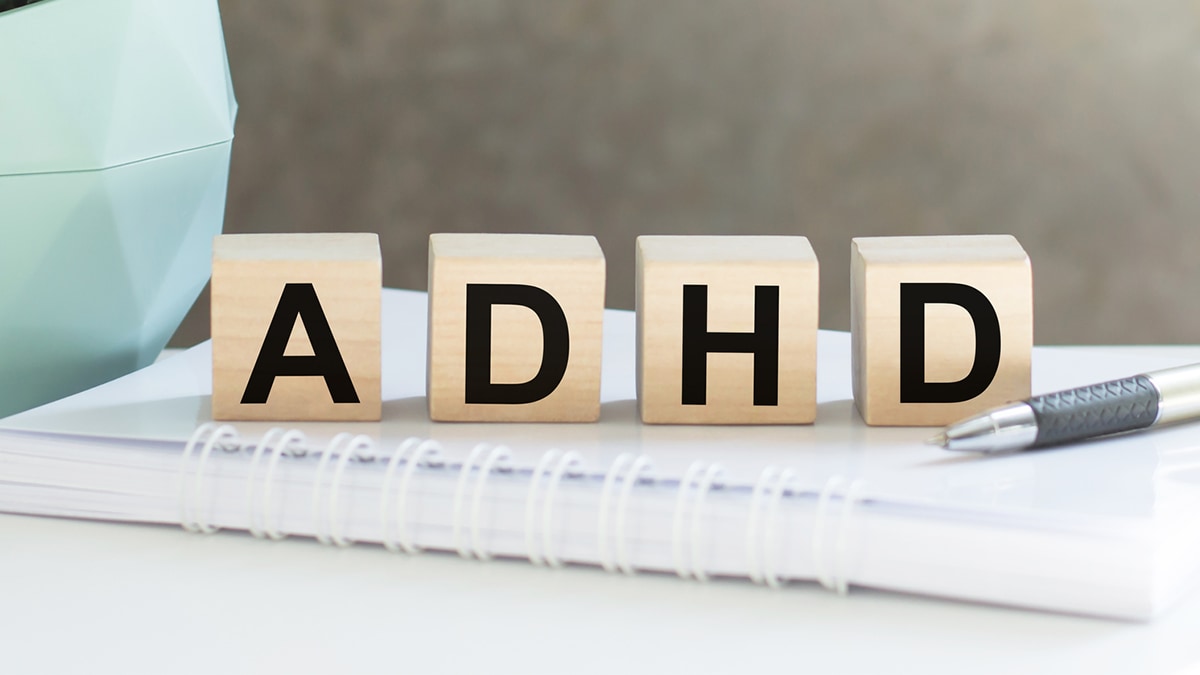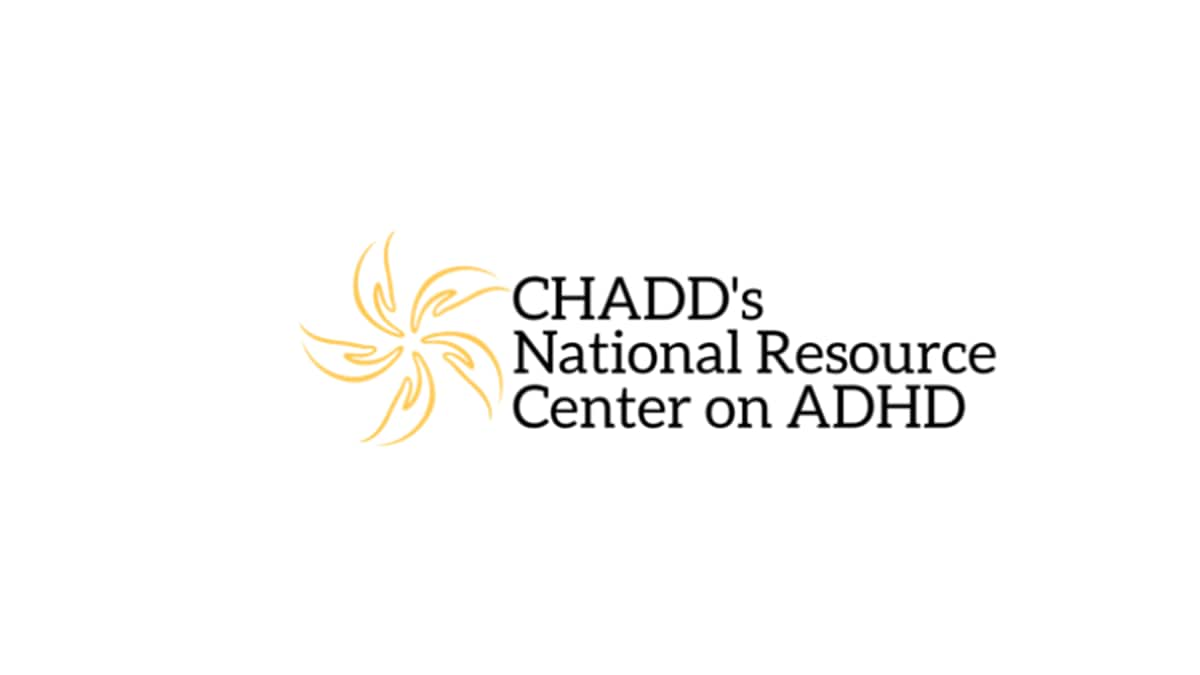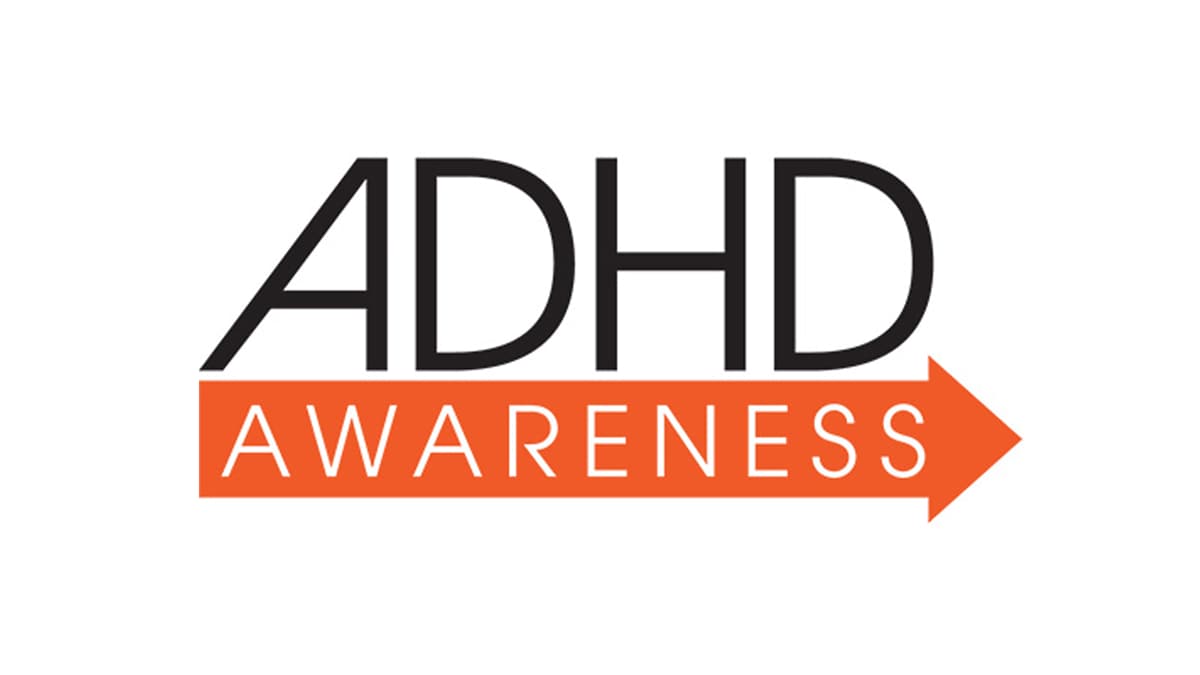Key points
- ADHD is one of the most common neurodevelopmental disorders of childhood.
- Symptoms start in childhood and often last into adulthood.
- Identifying signs and symptoms of ADHD can help lead to a diagnosis, which is a process with several steps.
- Treatment can involve a combination of behavior therapy and medication.

What it is
ADHD is one of the most common neurodevelopmental disorders of childhood. Neurodevelopmental means having to do with the way the brain grows and develops.A
ADHD is usually first diagnosed in childhood and often lasts into adulthood. Children with ADHD may have trouble paying attention, controlling impulsive behaviors (may act without thinking about what the result will be), or be overly active.
"Is It ADHD?" in ASL
Learn about symptoms of ADHD, how ADHD is diagnosed, and treatment recommendations including behavior therapy, medication, and school support. Watch the video. [Closed captions available]
Types
There are three different ways ADHD presents itself, depending on which types of symptoms are strongest in the individual at the time of diagnosis:
- Predominantly inattentive presentation
- Predominantly hyperactive-impulsive presentation
- Combined presentation (a combination of inattentive and hyperactive-impulsive symptoms)
Signs and symptoms
It is normal for children to have trouble focusing and behaving at one time or another. However, for children with ADHD the symptoms continue, can be severe, and can cause difficulty at school, at home, or with friends.
ADHD symptoms can change over time
Risk factors
The causes of ADHD are unknown, but scientists have identified some possible risk factors
Diagnosis
ADHD in children
Talk with your child's healthcare provider
Deciding if someone has ADHD is a process with several steps. There is no single test to diagnose ADHD, and many other problems, such as anxiety, depression, sleep problems, and certain types of learning disabilities, can have similar symptoms. One step of the process involves having a medical exam, including hearing and vision tests, to rule out other problems with symptoms like ADHD.
Diagnosing ADHD usually includes a checklist for rating ADHD symptoms and taking a history of the child from parents, teachers, and sometimes, the child.
ADHD in adults
ADHD can last into adulthood. Some adults have ADHD but have never been diagnosed. The symptoms can cause difficulty at work, at home, or with relationships. Symptoms may look different at older ages, for example, hyperactivity may appear as extreme restlessness. Symptoms can become more severe when the demands of adulthood increase. Find out more about ADHD in adults.
For more information about diagnosis and treatment throughout the lifespan, please visit the websites of the National Institute of Mental Health and the National Resource Center on ADHD (NRC), a program of CHADD–Children and Adults with Attention-Deficit/Hyperactivity Disorder.
Treatment and managing symptoms
In most cases, ADHD is best treated with a combination of behavior therapy and medication. For preschool-aged children (4-5 years of age) with ADHD, behavior therapy, particularly training for parents, is recommended as the first line of treatment before medication is tried. What works best can depend on the child and family. Effective treatment plans will include close monitoring, follow-ups, and making changes, if needed, along the way.
Managing symptoms: Staying healthy
Being healthy is important for everyone and can be especially important for people with ADHD. In addition to behavioral therapy and medication, having a healthy lifestyle can make it easier to deal with ADHD symptoms. Here are some healthy behaviors that may help:
- Developing healthy eating habits such as eating plenty of fruits, vegetables, and whole grains and choosing lean protein sources
- Participating in daily physical activity based on age
- Limiting the amount of daily screen time from TVs, computers, phones, and other electronics
- Getting the recommended amount of sleep each night based on age
What CDC is doing
CDC funds the National Resource Center on ADHD (NRC), a program of CHADD–Children and Adults with Attention-Deficit/Hyperactivity Disorder. Their website has links to information for people with ADHD and their families.
The NRC operates a call center (1-866-200-8098) with trained staff to answer questions about ADHD.
Need help?

Get information and support from the National Resource Center on ADHD.
Resources and tools
To get help with concerns about ADHD, talk with your child's healthcare provider. Primary healthcare providers may diagnose ADHD or may provide a referral to a mental health professional such as a psychologist or psychiatrist.
Children can be seen by a specialist such as a child psychologist, child psychiatrist, or developmental pediatrician. You can also contact a local early intervention program for a free or low-cost evaluation (children under age 3) or school system for a free evaluation (children 3 years or older).
For more information on services for children with special needs, visit the Center for Parent Information and Resources. To find the Parent Center near you, you can visit this website.
ADHD materials and multimedia

October is ADHD Awareness Month. The goal of ADHD Awareness Month is to correct misunderstandings about ADHD and highlight the shared experiences of the ADHD community. Help CDC raise ADHD awareness, encourage inclusion, and connect people to support services. Get more information at ADHD Awareness.
Free materials on ADHD
- Neurodevelopmental: having to do with the way the brain grows and develops. For more information on neurodevelopmental disorders, please visit: https://chadd.org/about-adhd
- Faraone SV, Banaschewski T, Coghill D, et al. The World Federation of ADHD International Consensus Statement: 208 Evidence-based conclusions about the disorder. Neurosci Biobehav Rev. 2021;128:789-818.
- Dimitrov LV, Kaminski JW, Holbrook JR, et al. A Systematic Review and Meta-analysis of Chemical Exposures and Attention-Deficit/Hyperactivity Disorder in Children. Prev Sci. 2023;25:225-248.
- Maher BS, Bitsko RH, Claussen AH, et al. Systematic Review and Meta-analysis of the Relationship Between Exposure to Parental Substance Use and Attention-Deficit/Hyperactivity Disorder in Children. Prev Sci. 2023;25:291-315.
- Bitsko RH, Holbrook JR, O'Masta B, et al. A Systematic Review and Meta-analysis of Prenatal, Birth, and Postnatal Factors Associated with Attention-Deficit/Hyperactivity Disorder in Children. Prev Sci. 2022;25:203-224.
- So M, Dziuban EJ, Pedati CS, et al. Childhood Physical Health and Attention Deficit/Hyperactivity Disorder: A Systematic Review and Meta-Analysis of Modifiable Factors. Prev Sci. 2022;25:316-336.
- Robinson LR, Bitsko RH, O'Masta B, et al. A Systematic Review and Meta-analysis of Parental Depression, Antidepressant Usage, Antisocial Personality Disorder, and Stress and Anxiety as Risk Factors for Attention-Deficit/Hyperactivity Disorder (ADHD) in Children. Prev Sci. 2022;25:272-290.
- Claussen AH, Holbrook JR, Hutchins HJ, et al. All in the Family? A Systematic Review and Meta-analysis of Parenting and Family Environment as Risk Factors for Attention-Deficit/Hyperactivity Disorder (ADHD) in Children. Prev Sci. 2022;25:249-271.
- American Academy of Pediatrics (AAP). Beyond Screen Time: Help Your Kids Build Healthy Media Use Habits. Available at: https://www.healthychildren.org/English/family-life/Media/Pages/healthy-digital-media-use-habits-for-babies-toddlers-preschoolers.aspx. Accessed on October 24, 2024.
